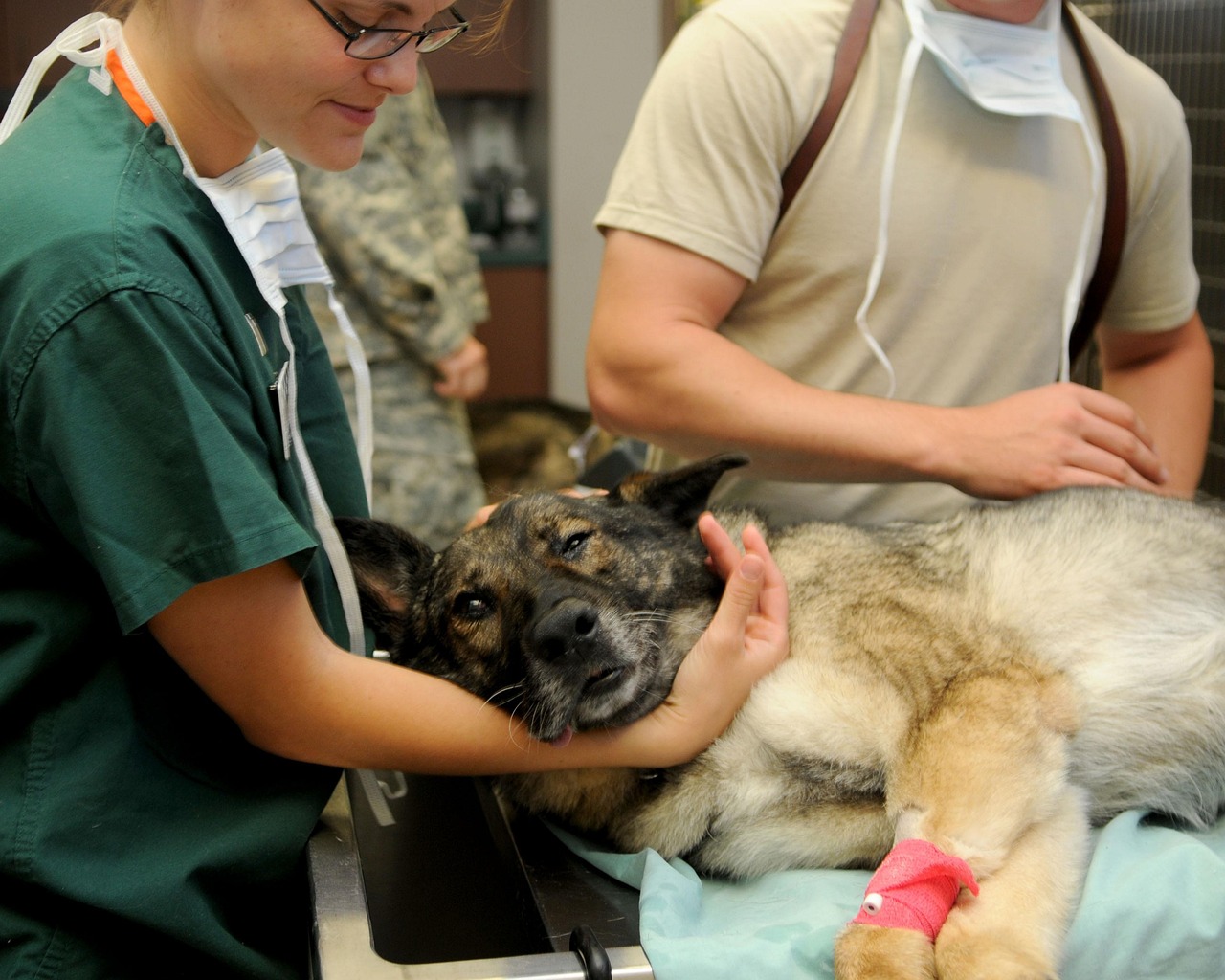



Professional Professional Skills Development Program
Exotic Animal Health & Welfare Management Framework
Optimize exotic animal health outcomes through this comprehensive framework covering preventive medicine, disease management, and wellness monitoring specifically designed for non-traditional companion animals. This system integrates exotic veterinary medicine with practical husbandry to ensure optimal health, longevity, and welfare for exotic species with unique physiological and environmental requirements.
Preventive Medicine Programs:
- Species-Specific Health Screening: Systematic health evaluation protocols adapted to different exotic species' anatomy and common health issues
- Parasite Prevention & Control: Targeted parasite management programs for internal and external parasites affecting reptiles, birds, and small mammals
- Nutritional Disease Prevention: Identification and prevention of common nutritional disorders including metabolic bone disease, vitamin deficiencies, and obesity
- Environmental Health Monitoring: Systems for maintaining optimal environmental conditions and preventing stress-related health problems
Disease Recognition & Management:
- Early Disease Detection: Recognition of subtle signs of illness in exotic species that may hide symptoms as survival mechanisms
- Infectious Disease Control: Protocols for managing bacterial, viral, and fungal infections common in captive exotic animals
- Chronic Condition Management: Long-term care strategies for kidney disease, liver disorders, and other chronic conditions in exotic pets
- Zoonotic Disease Awareness: Understanding and preventing diseases transmissible between exotic animals and humans
Species-Specific Wellness Protocols:
- Reptile Health Management: Specialized care for common reptilian issues including shedding problems, respiratory infections, and digestive disorders
- Avian Health Monitoring: Comprehensive care for feather disorders, reproductive issues, and respiratory conditions in exotic birds
- Small Mammal Wellness: Preventive care for dental disorders, gastrointestinal stasis, and other species-specific health concerns
- Aquatic Animal Care: Water quality management and health monitoring for amphibians and aquatic species
Professional Practice Integration:
- Veterinary Collaboration: Effective communication with exotic animal veterinarians and coordinating specialized care
- Record Keeping Systems: Comprehensive health documentation and tracking systems for exotic animal patients
- Owner Education Programs: Teaching exotic pet owners to recognize health problems and provide appropriate daily care
- Emergency Preparedness: Crisis management plans for exotic animal health emergencies and disaster preparedness
Health Framework Impact:
Exotic animal facilities implementing this framework achieve 90% reduction in preventable diseases and extend average lifespan by 25% compared to standard care practices. The systematic approach has been adopted by over 75 exotic animal practices and wildlife facilities, resulting in measurably improved welfare outcomes and reduced veterinary costs through effective preventive care.